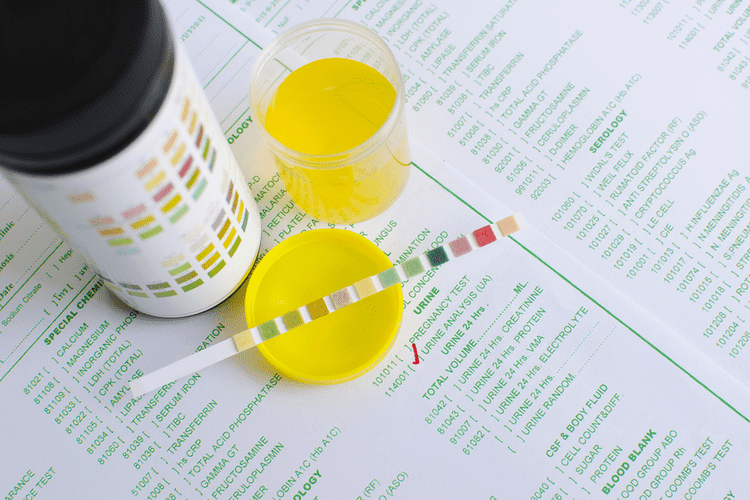A study published in 2023 in the BMC Public Health Journal found that regular drinking was linked with obesity, so it is little wonder that regular binge drinkers are more likely to have larger waist circumferences. And in the case of spirits, they’re often mixed with sugary and calorific mixers, like cola or lemonade. It’s worth noting that healthier options include soda water, while Professor Marlow advises diluting wine with soda water to make a spritzer. According to NHS data, more than one in ten visits to A&E departments are alcohol-related, while more than 1.2 million violent incidents in England are linked to alcohol misuse. Professor Nancy Ip discusses her groundbreaking neuroscience research, focusing on neurotrophic factors and innovative Alzheimer’s disease treatment approaches.

Your liver’s role
And prolonged alcohol use can lead to mental health conditions like anxiety and depression. Your https://www.edurh.ru/serdtse-na-dvoih.html body breaks alcohol down into a chemical called acetaldehyde, which damages your DNA. Damaged DNA can cause a cell to grow out of control, which results in cancerous tumors. Discover how many people with alcohol use disorder in the United States receive treatment across age groups and demographics.

Effects of Alcohol on Your Body
Chronic alcohol use causes hormone imbalances in both men and women and leads to problems with fertility. Your immune system works to keep you as healthy as possible by fighting off http://www.egorgerasimov.ru/dictionary/d/word_drinking_song.html foreign invaders, such as viruses, bacteria, and toxins. To your body, alcohol is a toxin that interrupts your immune system’s ability to do its job, thereby compromising its function. For many of us, alcohol is embedded in our social and cultural activities. We go to happy hour after work, we give toasts at weddings, and we drink to celebrate and mark occasions.
What is considered 1 drink?

Drinking alcohol on a regular basis can also lead to dependence, which means your body and brain have grown used to alcohol’s effects. People who drink heavily over a long period of time are also more likely to develop pneumonia or tuberculosis than the general population. The World Health Organization (WHO) links about 8.1 percent of all tuberculosis cases http://wellingtoncountylistings.com/bedroom-ideas-as-the-private-room.html/attachment/160 worldwide to alcohol consumption. Long-term alcohol use can affect bone density, leading to thinner bones and increasing your risk of fractures if you fall. That’s because drinking during pregnancy doesn’t just affect your health. Experts recommend avoiding excessive amounts of alcohol if you have diabetes or hypoglycemia.

